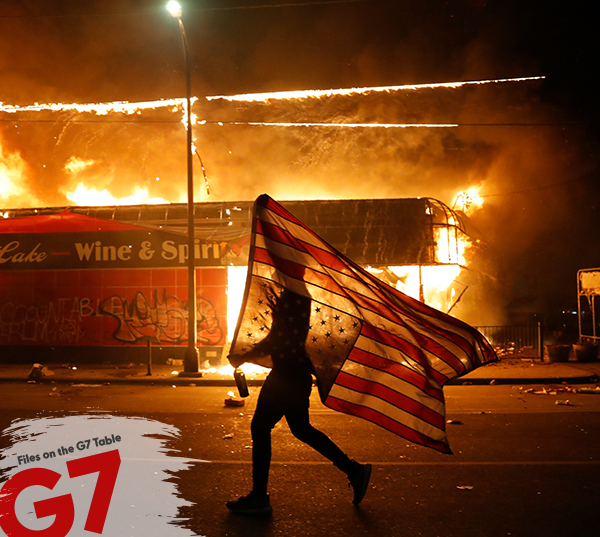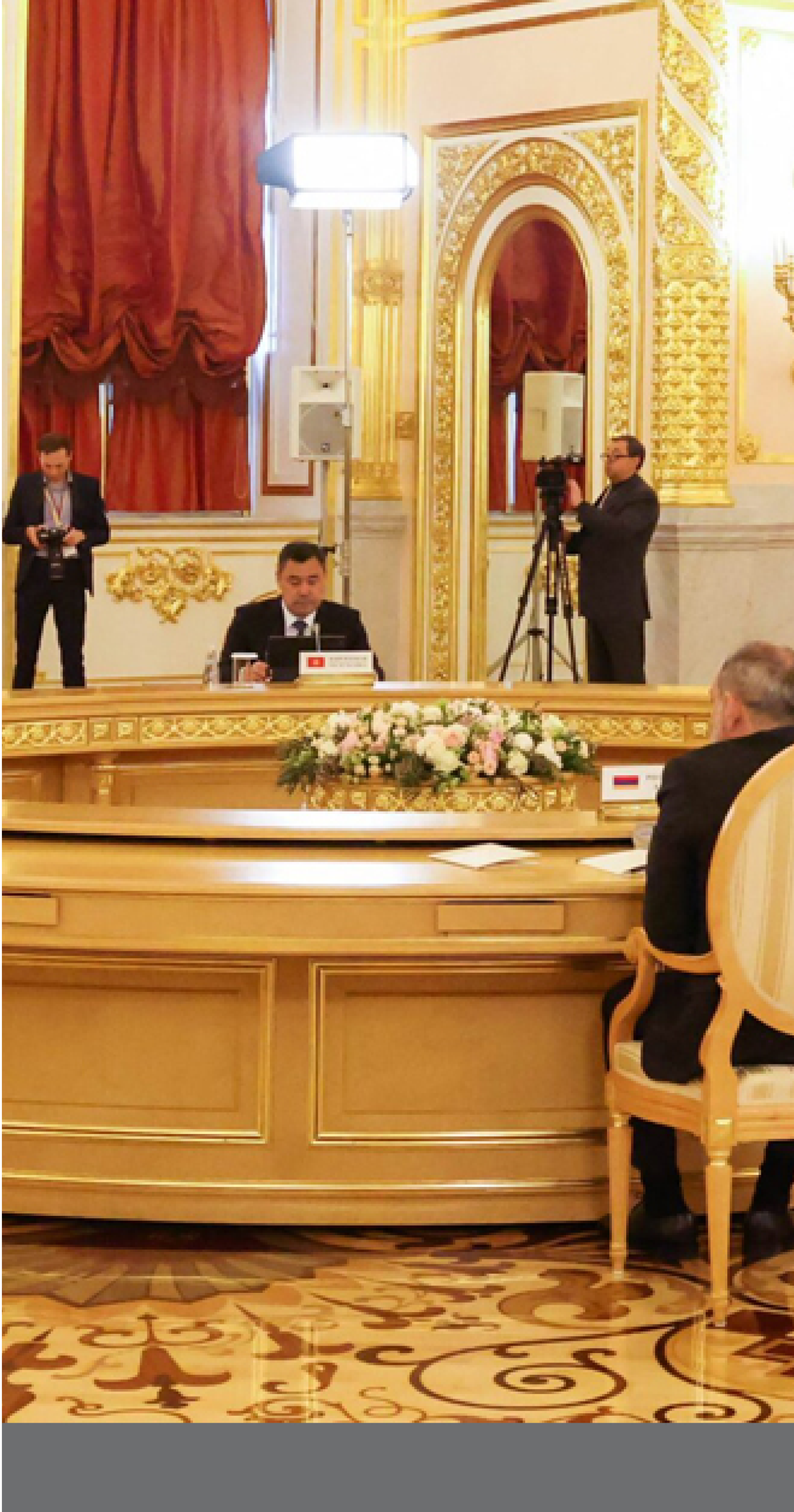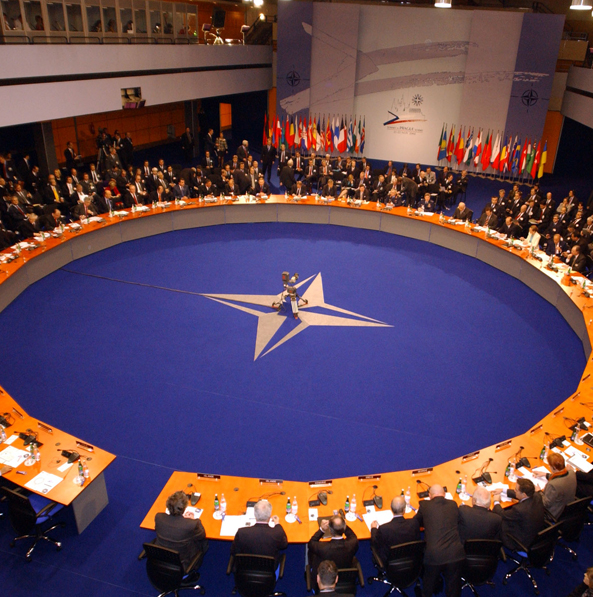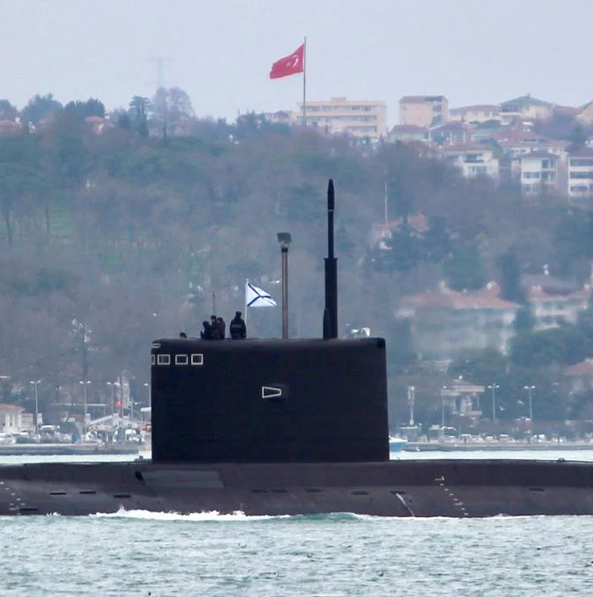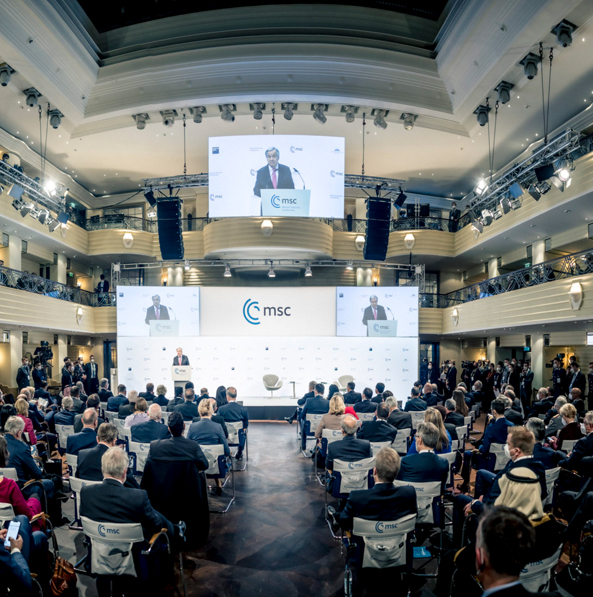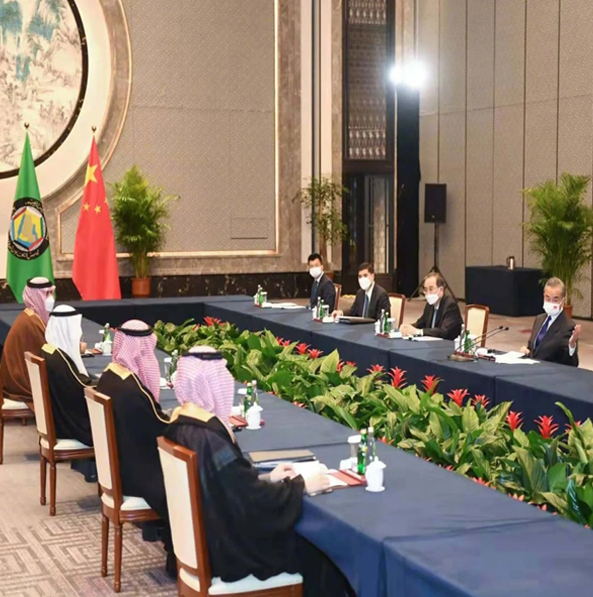This is the eighth article of a series that is being published in succession in the file “papers on the G7 table.”
Usually, the summit of the G7 is always accompanied by protests taking place near the summit`s site. These protests are achieving more momentum lately, both in terms of the participants' numbers or even media coverage. These stances, permeated by some violent manifestations, began to attract some spotlight that belongs to the summit of the G7 leaders.
Such protests – in a narrow range – are considered a part of the “Counter – G7 Summit” which members demand the necessity of a radical change to achieve a just model in distributing wealth, in a way that guarantees social justice for marginalized groups. That`s why these protests can be categorized on a wide range as a part of an “Anti-Globalization Movement” and includes members who are enraged about liberal capitalism and demand enacting legislations that shrink the expanding class gap between the owners and those who barely have what covers their daily needs.
If we have a simple look at the figures of wealth distribution, we can clearly see the structural defect in the current form of the international economic system. In an event that was organized by the united nations to celebrate the birthday of South African former president Nelson Mandela, the general secretary of the U.N., António Guterres stated that “the 26 richest people in the world hold as much wealth as half the global population” calling for a “New Global Deal to ensure that power, wealth and opportunities are shared more broadly and fairly at the international level” to bridge the social gap.
Attested data refer that the G7 countries are witnessing a widening in this gap. In the United States, for instance, statistics and facts – ones that are published by “Pew” research center that is nonpartisan and free from political controversial polarization – shows the huge disparity in wealth distribution among Americans. According to research published by the center in January 2020, the share of aggregate wealth going to upper-income families increased from 60% in 1983 to 79% in 2016. Meanwhile, the share held by middle-income families fell from 32% to 17% for the same period (1983-2016).
The figures show a huge disparity in wealth distribution based on ethnic regards, as per estimations of the Federal Reserve Bank in St. Louis. The estimations said that the average wealth of white families is 10 times more than that of black families, and this disparity also extends to other sub-components and regions.
As the marginalized categories – of various ethnicities and orientations - developed more and more realization of this unbalance, in addition to a feeling of being subjected to some sort of exclusion, these categories started to organize into groups and entities demanding a more just system. They tended to express demands using a sentimental populist discourse, aiming to recruit the largest number of supporters and attract them to their movement. In some cases, the stands of such leftist-populist would turn into violent ones, and their clashes with the police will attract the attention of media, and social media platforms, just like the protests in several American cities that occurred after killing “George Floyd” in May 2020 when an American police patrol was trying to arrest him.
On the other hand, some see that the current capitalist system in all its distortions remains the only practically applicable model, it is impossible for the communist pattern, for instance, to administrate huge populations consisting of individuals who vary in skills and experiences, because this variation definitely results in higher or lower-income, and we can not accept the idea of subjecting all individuals to a principle of absolute equality because in many cases equality may mean injustice, and justice is not equality, rather it is relative disparity.
Some critics see that if large investors do own huge riches, that does not reflect a structural imbalance, because these riches are pumped into markets to create more job opportunities, and to participate, as well, in creating a “class” shift for many. Meaning that what investors build with their effort in the first place, including means and tools, does end up becoming an added value for the economy, and its well-being is not limited to a narrow range.
Also, the free capitalist system is based on innovation and the smooth flow of ideas and services and products, which means that the chance to gain a huge wealth is not exclusive to a certain category, rather, it is – the huge wealth – It goes hand in hand with serious pioneering work as a natural result, and many creative capital owners are not driven by the need of piling up money, but by a passion to excel.
And many big wealth owners do realize the growing class tension, that`s why they establish charity organizations that concentrate on humanitarian services such as “The Bill and Melinda Gates Foundation” that run assets around the world estimated at $46.8 billion. Similar initiatives may not be effective enough to mend the class gap, still, it has a significant psychological and moral impact, for it nullifies the argument of the leftist-populist discourse, and reflects the capital duty towards the less fortunate categories of people.
%D8%A7%D8%AD%D8%AA%D8%AC%D8%A7%D8%AC-%D8%B4%D8%B9%D8%A8%D9%88%D9%8A-%D8%A8%D9%8A%D9%84-1700x680.jpg)
In parallel to the rise of those leftist-populist groups, the presence of the rightist-populist groups is increasing in the social-political culture to the extent that they now have a political presence deriving its legitimacy and power from the ballot boxes that represent general popular trends.
This right-wing tends towards adopting a national excluding discourse that rejects the other, regardless if this other have a different ethnic identity (like Muslims and Jews and African Americans) or have a political stance that deviates from the rightist ideology (like liberals and leftists).
The supporters of the rightist-populism argue that their national identity is threatened under a globalized and highly open system where all cultural specificities of the most prominent local spectrum vanish for the benefit of a general unspecified culture. The rightist-populist wing attributes the Deteriorating living and service conditions to the high costs of foreign policies (External military deployment and “unfair” trade agreements) and Living care programs for certain groups both outside and within the State (e.g., refugee care programs).
At first glance, some may think that the two populist wings are completely opposite, the right-wing is starting to confirm its presence in authority and adopt a discourse that blames refugees and foreign files for the degradation of the economic conditions in the U.S., while the populist left is relatively away – so far – from occupying sovereign political positions, and seeks to accomplish social justice and change the rules of the international economic system that it holds responsible for class imbalances.
And despite the apparent contradiction between the two wings of populists, a deeper analysis shows similarities between them in the manner and political logic, and both reject the dominating political-economic class, moved by a wild will to create a radical change in the operations of the current political system in western countries.
Coronavirus outbreak and social imbalances
The facts that we browsed through, show that the floor was paved for a “system failure” at the first real test, which manifested clearly in the crisis of “coronavirus” that led the G7 countries to a dilemma of trying to balance between two urgent life priorities, which are: health and economy. In the first few weeks of the pandemic, As the number of cases increased, most countries were in shock by the raid of the virus without having a specific protocol to deal with the new reality on the levels: medical, economic, and social.
For instance, there had been fears at the early stages of the virus outbreak of a total collapse of the medical system in Italy, leading it to become a semi-failed country with the fall of its security and economic pillars. As for the U.S., Trump`s administration tried dealing with harsh criticisms of the way it had been dealing with the crisis, for the spread of the virus caused some major economic and political implications after the United States became the country with the most recorded cases in the world.
The identity of the “coronavirus” may have changed from being a medical crisis in the first few weeks of the outbreak to an economic problem in the following weeks due to the shift of many workers to the status of temporary unemployment because of the social distancing procedures, plus field or even remote work was not possible in certain ranges requiring a presence in the workplace.
The influence of the crisis over society varies depending on service and living differences. The places that are covered with health services by huge hospitals, for instance, can deal with a greater number of cases, while the bad living conditions and overpopulation of the poor categories make it more vulnerable to the effects of the virus, and burden it with the heavy economic costs of the pandemic, as most of the poorest individuals work in professions that cannot be done remotely.
As the economic crisis deepens more and more, the anger of broad categories increases and those “disgruntled” are likely to join groups and populist parties or support the populist argument as a “psychological” explanation for their general circumstances, and many of them may turn into a docile pressure tool in the hands of internal or even external entities. “Project Syndicate” media organization published a report in June 2020, regarding the disparity between individuals and how it increases deaths caused by the virus, the report pointed out that “High inequality undermines social cohesion, erodes public trust, and deepens political polarization, all of which negatively affect governments’ ability and readiness to respond to crises.”
Such disparities that were deepened by the “coronavirus” crisis also increases the flaw in the political, economic, and social patterns in the G7 countries that are no longer “Like-minded States”, the democratic values are not anymore a vital shared benefit that needs to be ensured locally and internationally, and the western commitment to guarantee a “Rules-Based International System” is no longer a real commitment.
Practically, the current international system is nothing but an extension of a post-WWII system, which – meaning the current one – adopted the capitalist character comprehensively in all interactions after the fall of the Soviet Union. Any public pressure to change this capitalist nature may lead to a radical change in the international system.
Some may argue, wondering how a liberal system may accept and contain non-democratic ideas, but answering this question does not need much thought or criticism; because the tools of democratic practices, such as elections, does not set standards on political platforms and orientations, and does not practice censorship or guardianship over the culture or awareness of society but reflect what the voters want, whether the will of these voters is consistent with or contrary to democratic norms.
Some experts warn about the partial similarities between some of the eccentric orientations spreading nowadays and several political orientations that used to dominate some European countries in the phase between the two world wars, which was a phase where some parties and movements came into authorities via ballot boxes, supported by the will of the crowds that used to attend mass speech festivals.
In almost a similar way, parties and populist groups promote their “sparkling” agendas and manipulate the sentiment of the crowds to gain more election momentum and to expand their political volume, even if these parties do not even believe in a liberal democracy. Some political philosophers describe populism as a non-liberal, non-plural democracy, that does not tend towards sharing and meeting with the components of the mainstream and seeks to reach a state by which it can rule the political scene aloof from other political orientations.
In conclusion, since the establishment of the national state in the Westphalia peace treaty in 1648, followed by the cold war, down to the current “semi-unipolar” system, western political systems have adjusted with various political changes and worked on absorbing and comprehending social fluctuations, what gave these political systems immune to survive any kind of crises.
In this critical phase, the G7 countries must diagnose the dilemma of the class gap and find compelling ways to reduce wealth accumulation in one direction, mainly to avoid the emergence of sudden changes in the local environment, be it via ballot boxes or some wide range civil mutiny. It is, after all, a crucial thing to conciliate between politics and economy to ensure some type of local political stabilization, one that if got shaken in more than a single important country, it will have serious rebounds on international security and peace.
Keep in touch
In-depth analyses delivered weekly.

Related Analyses:







